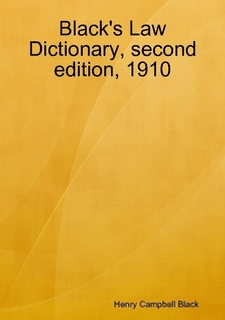In evidence. A voluntary acknowledgment, confession or concession of the existence of a fact or the truth of an allegation made by a party to the suit. Roosevelt v. Smith, 17 Misc. Rep. 323, 40 N. Y. Supp. 381. In pleading. The concession or acknowledgment by one party of the truth of some matter alleged by the opposite party, made in a pleading, the effect of which is to narrow the area of facts or allegations requiring to be proved by evidence. Connecticut Hospital v. Brookfield, 69 Conn. 1, 36 Atl. 1017. In practice. The formal act of a court, by which attorneys or counsellors are recognized as officers of the court and are licensed to practice before it. In corporations. The act of a corporation or company by which an individual acquires the rights of a member of such corporation or company. In English ecclesiastical law. The act of the bishop, who, on approval of the clerk presented by the patron, after examination, declares him fit to serve the cure of tne church to which he is presented, by the words "admitto te habilem," I admit thee able. Co. Litt. 344a; 4 Coke, 79; 1 Crabb, Real Prop. p. 138, § 123. Synonyms. The term "admission" is usually applied to civil transactions and to these matters of fact in criminal cases which do not involve criminal intent, while the term "confession" is generally restricted to acknowledgments of guilt. People v. Velarde, 59 Cal. 457 ; Colburn v. Groton. 66 N. H. 151, 28 Atl. 95, 22 L. R. A. 763; State v. Porter, 32 Or. 135, 49 Pac. 964.
Definition of Admission
Advertisement
Definitions from Black's Law Dictionary: 2nd Edition and Ballentine's Law Dictionary as are available for each term in each dictionary.
-
Black's Law Dictionary: 2nd Edition
